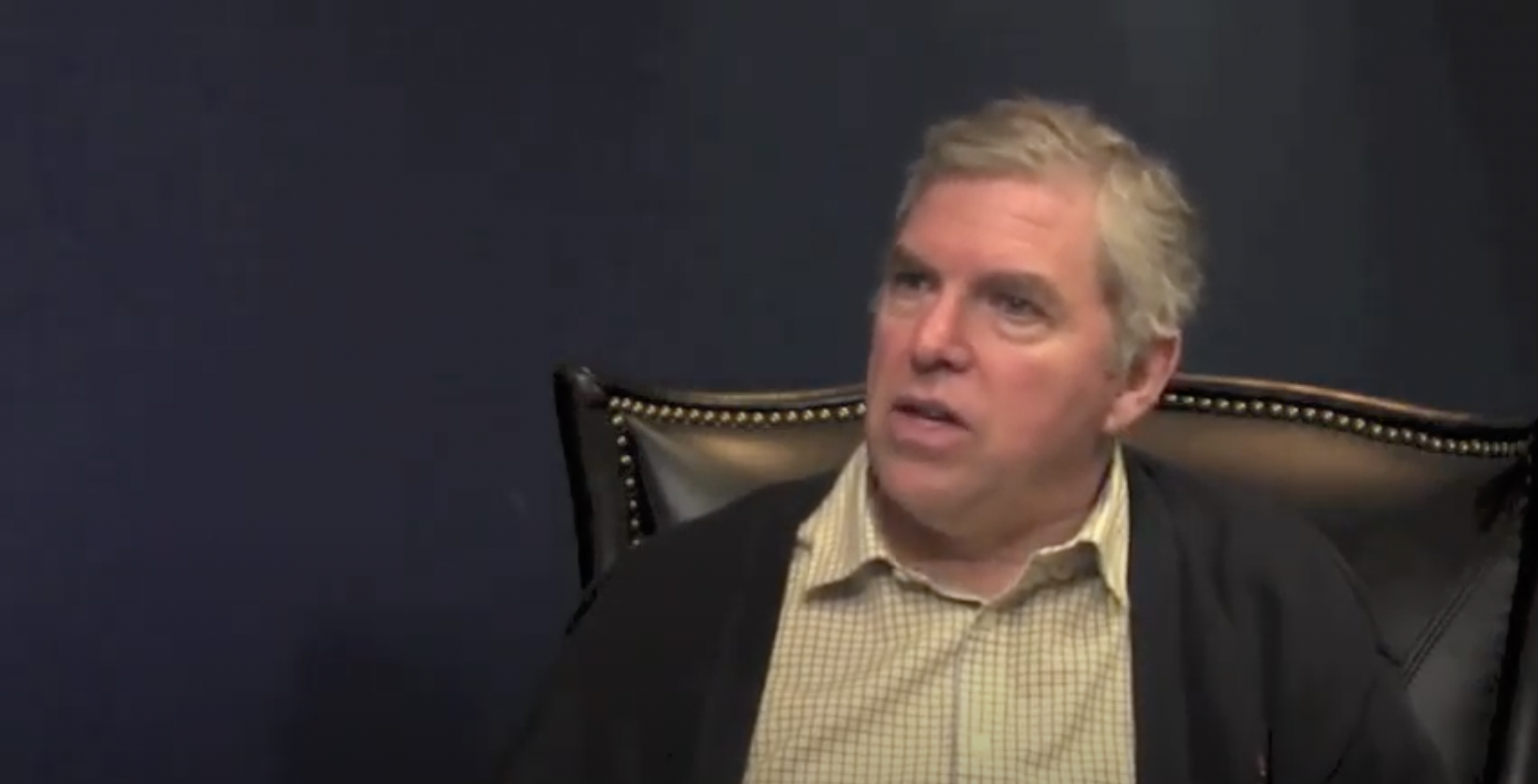Issues with Fixed Income Investing
Mike: John, in your opinion what are the most common mistakes made by investors when looking at fixed income investing?
John: The problem with most investors and how they deal with fixed income investments is that they believe credit rating agencies. Credit rating agencies are the people who for a hundred years have told us what the risk in a bond is. A credit rating breaks into a couple of factors; one is what is the financial quality of the business, and number two is what is the industry it operates within.
A company that is in a very risky or cyclical business typically has a lower credit rating. While a company in that risky business with a very high quality financial profile will be higher rated.
For us, we look at it from a bottom up basis whether a company can pay us back or not, but it’s not that we always buy the highest quality investments. If you are always buying the safest things, then you are always getting an interest rate commensurate with the risk you are taking. So from our point of view we are looking at it and saying ‘if you wish to lend me money or invest in a risky business, you must compensate me for that risk’.
I understand that there must be a risk that I can be wrong, and that that company might not do well, or as well as I might expect, but I am compensated for that risk through my investments. And overall in my portfolio, I am compensated for the entire risk of the portfolio.
What you find by our bottom up value discipline is that we are forced away from overvaluation, and towards cheap things. So in 2007, when the market had basically lost its head, the average banker or investor could buy anything at very low interest rates compared to safe investments because they were stretching for yield. And what we were doing was we were looking for safety, because why would I buy a BBB bond at half a percent over a safe government bond when I could buy a AAA bond at point forty-five percent.
The extra zero point forty-five percent basis points, as we call it in our business, weren’t worth it. But then when everyone was terrified and the market fell, and the financial system stopped functioning, we could buy anything we want. We were the only people out there literally buying investments, and we were well compensated then.
When Fixed Income Investing Works
One bond that we owned back then at over one percent over U.S. government bonds was Kimco Real Estate Investment Trust, a very high quality company. We bought those bonds at eight to ten percent above government bonds. We were repaid our hundred dollars at maturity. So we made thirty to forty percent on each of those




